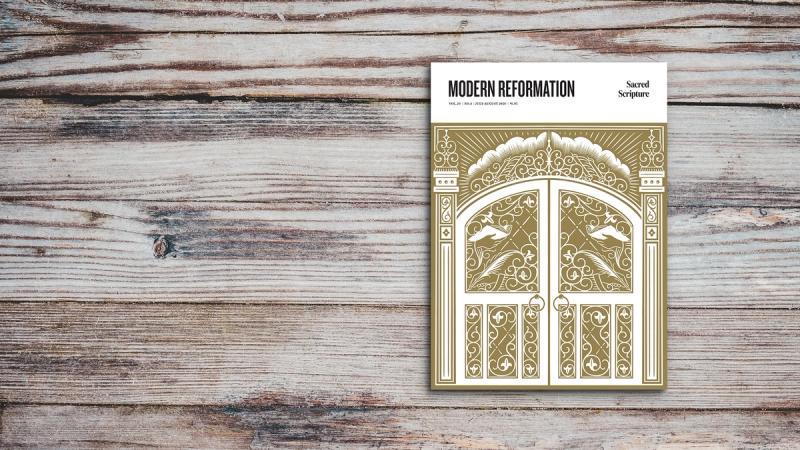I have calmed and quieted my soul, like a weaned child with its mother,” David remarks in that little and profoundly deep Psalm 131. Quietude, calm, collected, consistent—these are not buzzwords in our culture. And over the past couple of months they have faded from our language almost entirely.
It is interesting that in Psalm 131 David contrasts his quieted soul not explicitly with a frantic soul but with a prideful one. “O Lord, my heart is not lifted up; my eyes are not raised too high,” he says in the first verse. What’s the link, we ask, between not being lifted up in pride and having a stilled soul? Or, to ask it another way, what is it about pride that leads to anxiety; what is it about humility that tends toward calm?
Pride, our inordinate desire to be “like God,” must always mix with our actual inadequacy. The result is anxiety. We may fancy ourselves all we want to be godlike, but reality rarely bends to our wills—even when it does, it doesn’t entirely. It is precisely when we set ourselves to things “too marvelous,” as the psalm says, to “things too great” for us that we discover ourselves quite impotent.
There are two basic ways humans try to deal with this situation (well, three, but we’ll leave repentance off for the moment). Some act in defiance, raging against their impotence. This results in scattered and frantic action that serves only to reinforce our relative impotence even further. The end of that trail is embitterment and resentment.
The other way to deal with our pride-induced realization is simply to give up, to despair. The hallmark of despair is inaction and the negation of one’s real responsibilities.
These past few months have proven difficult for so many of us. I suspect that we have been tempted to respond either in defiance, rashness, and pride, or in despair, panic, and anxiety. Here in this wonderful little psalm we are instructed in a better way, a way between defiance and despair—the way of hope:
O Israel, hope in the Lord from this time forth and forevermore. The deep waters of Christian hope are fed by the tributaries of our humility (in contrast to our pride, which feeds our anxiety) and confidence in God. “My eyes are not raised too high,” prays David. “I am like a weaned child with his mother.” Unlike defiance, those who hope in the Lord are calm and collected. They need not thrash about or lash out. Unlike those who despair, those who hope in the Lord are not inactive but take up their responsibilities with confidence and constancy. Hope, then, is a disposition and a shape of Christian action.
In hope, we remain realistic but unafraid of our own limits, because the limitless God of hope works in and through us. May God continue to work his hope in us at this time.
Joshua Schendel is the executive editor of Modern Reformation.






